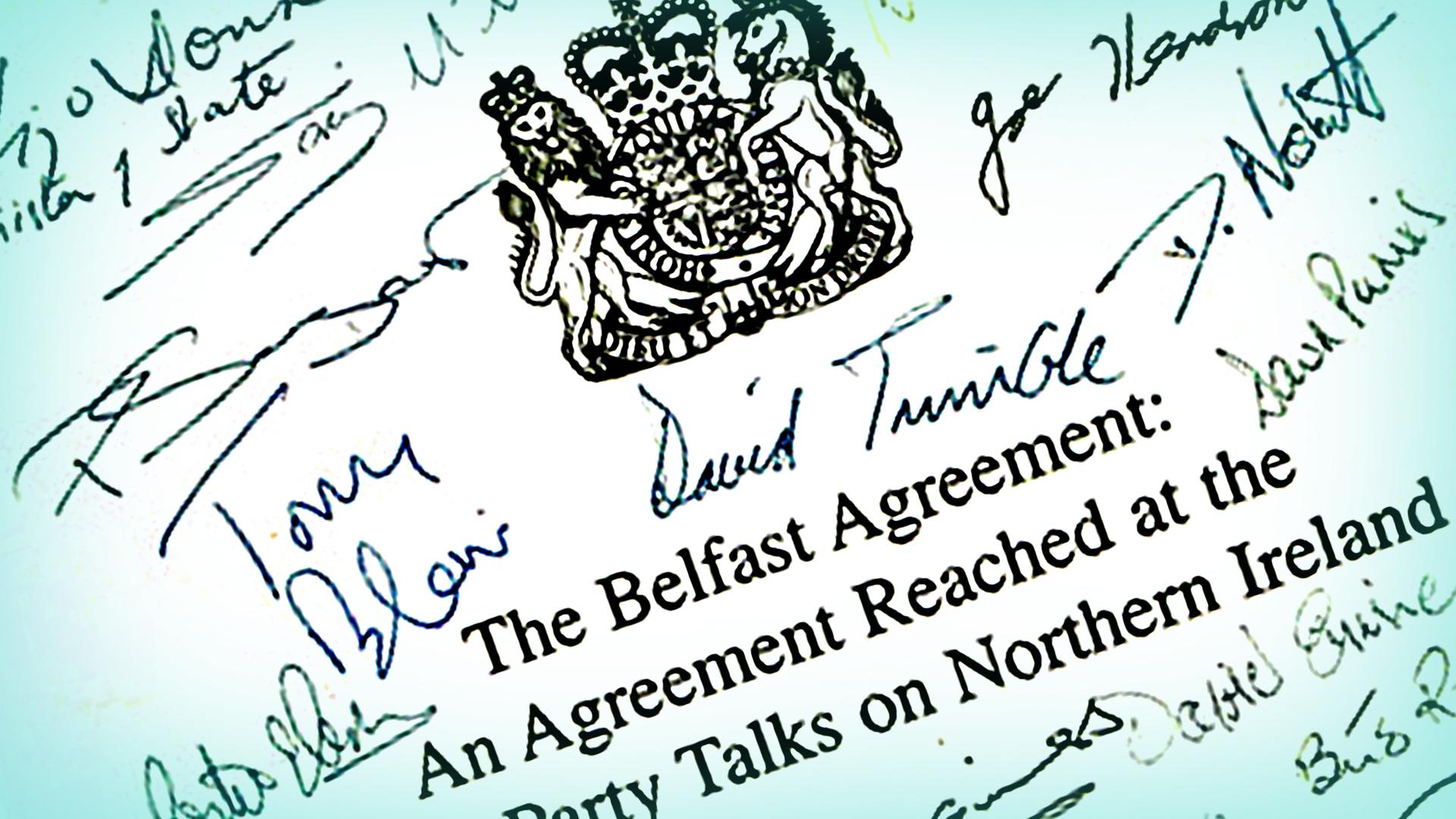100 years on: What happened on Bloody Sunday?
- Published
- comments
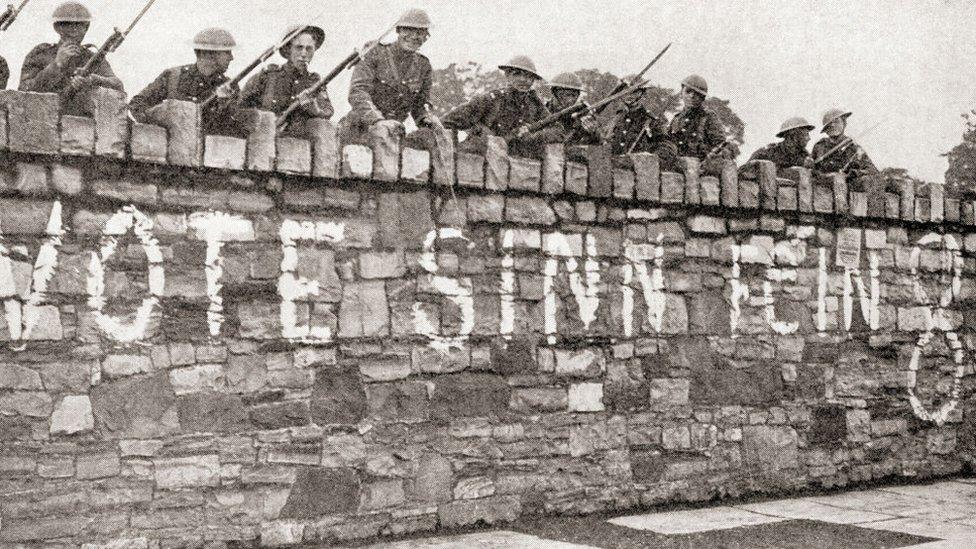
British troops guarding a wall during the Irish War of Independence aka Anglo-Irish War, in 1920
Saturday 21 November marks 100 years since Bloody Sunday - an event in 1920 that took place in Dublin during the Irish War of Independence.
At the time, all of Ireland was part of the UK, but many wished for it to exist as its own state, with its own rules.
In January 1919, members of the political party Sinn Féin formed their own government in Dublin. They called this Dáil Éireann and declared Irish independence soon after.
This sparked four years of conflicts between the British and Irish Republic's armed forces, including Bloody Sunday.
What was the Irish War of Independence?
The war began in 1919 and ended in 1921 and was the result of growing support for Ireland's independence from Britain.
Those who wanted an independent Ireland were called nationalists. Many of them were Catholics, who made up the majority of the population in Ireland.
During the war, the Royal Irish Constabulary (RIC) - who were the Irish police force, acting on behalf of the British government - were supported by a paramilitary group called the Auxiliaries in conflict against the Irish Republic and its army, known as the Irish Republican Army (IRA).
What happened on Bloody Sunday?
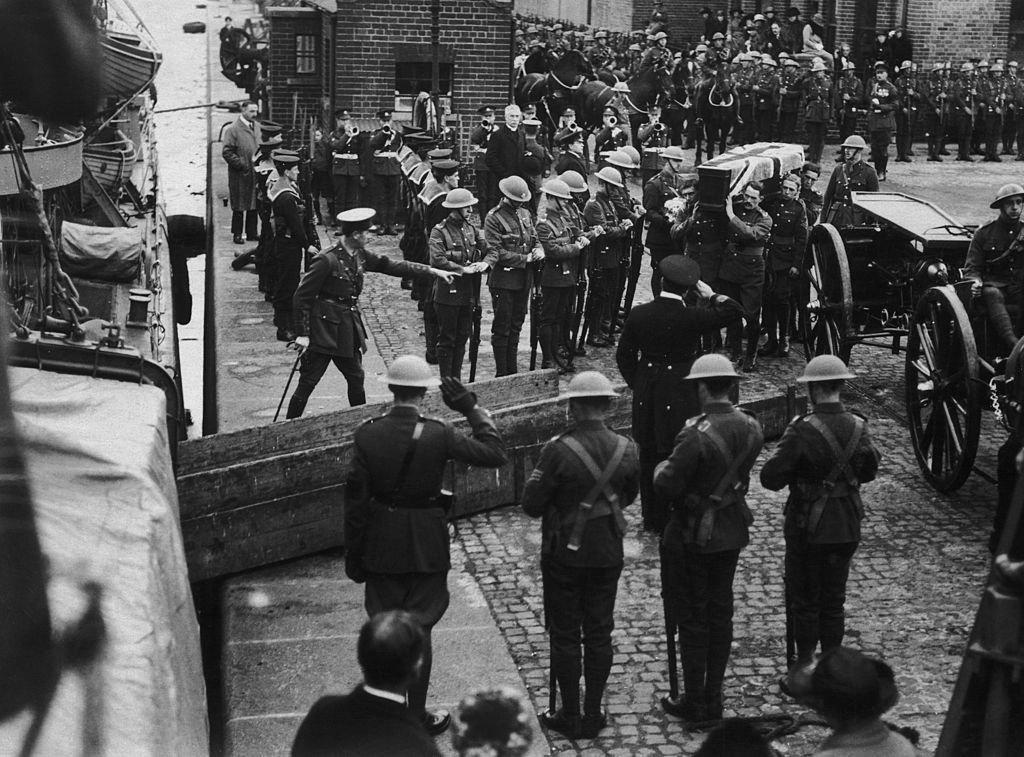
Several members of the British Intelligence were assassinated by the IRA on 21 November 1920
Bloody Sunday was a significant day in the Irish republican fight to gain its independence, but saw loss of life on both sides.
A man called Michael Collins, who was the IRA's director of intelligence, led an operation to kill members of the British Intelligence network in Ireland.
Fourteen men were killed, but the tragic events did not stop there.
That afternoon, members of the RIC and the Auxiliaries responded by opening fire against the IRA at a football match between Tipperary and Dublin in Croke Park, with thousands of fans in attendance.
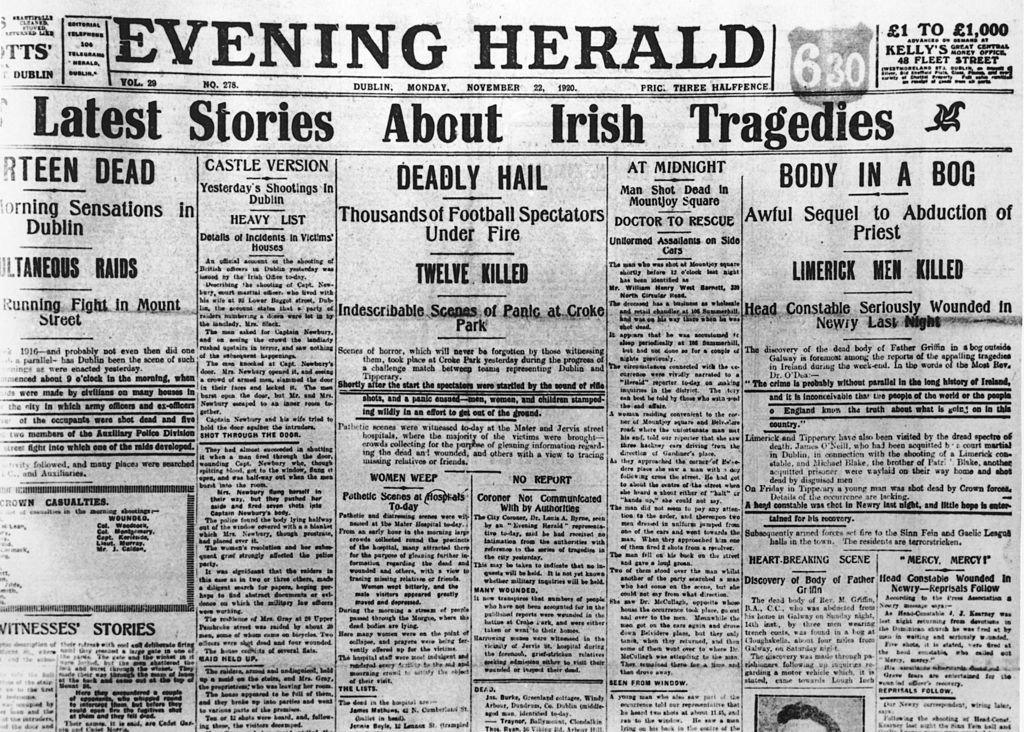
The British forces responded to the IRA when they opened fire at a football match in Croke Park
The exact events that took place at Croke Park have never been confirmed, but those who attended the match are reported to have seen an aeroplane flying over the park shortly after the match started.
The plane is said to have shot a red flare which was a signal for the RIC and Auxiliary forces who then rushed into the stadium and began shooting at the crowds.
The shooting lasted for 90 seconds, killing 14 people, including Tipperary player Michael Hogan, and injuring at least 60 others.
How did Ireland gain its independence?
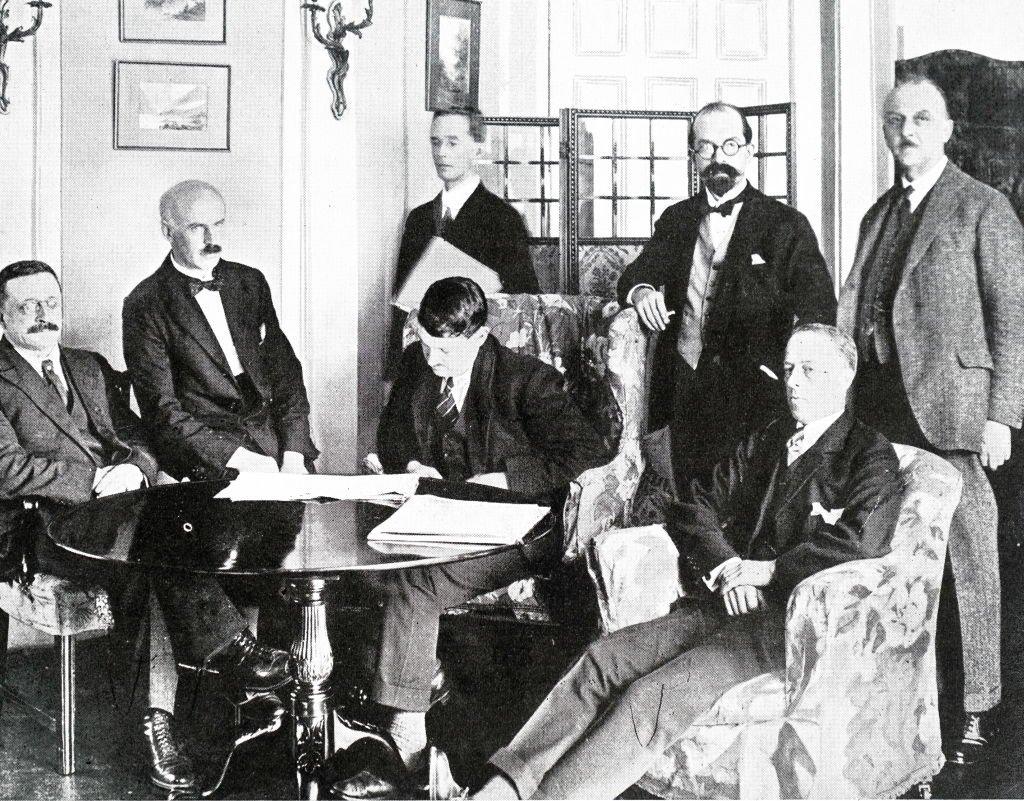
The Anglo-Irish Treaty was signed in 1921
The Irish War of Independence eventually came to an end in 1921 after the leaders of Sinn Féin and the British government signed the Anglo-Irish Treaty in 1921, agreeing to peace and establishing an Irish 'free state'.
The agreement officially gave 26 counties, mostly in the south of the country, and six counties in the north, the right to have their own government, allowing them more independence from Britain.
As a result, Ireland was divided into two separate parts with a new border. This created the country of Northern Ireland which is separate from the Republic of Ireland.
- Published26 February 2019
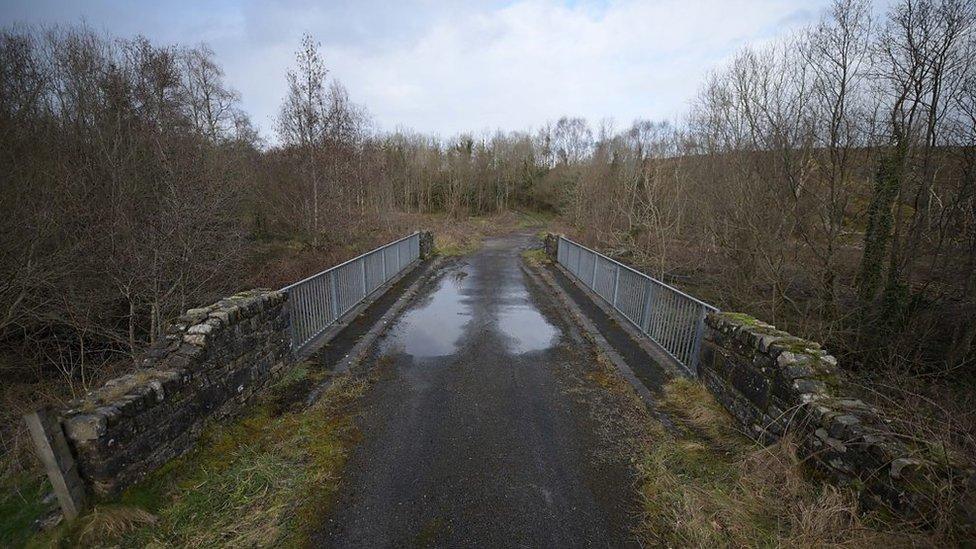
- Published12 July 2011
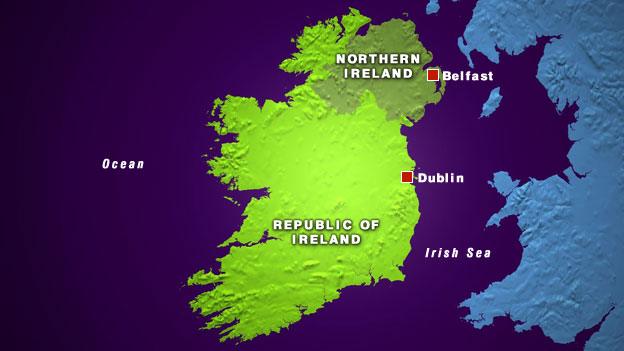
- Published10 April 2023
